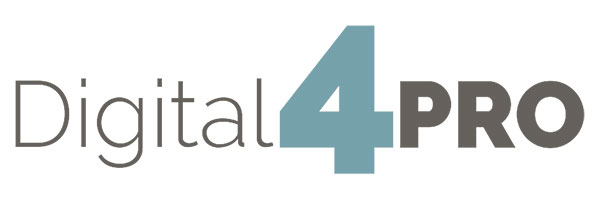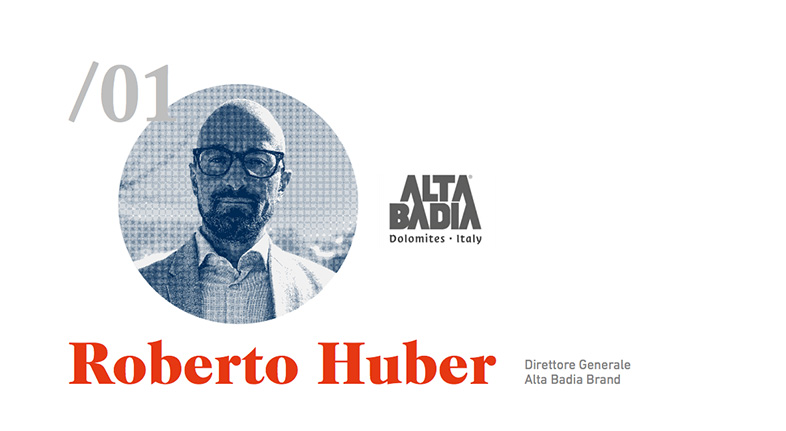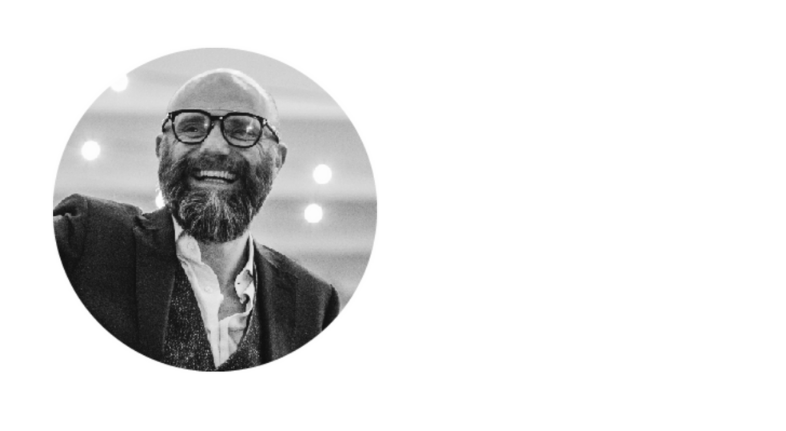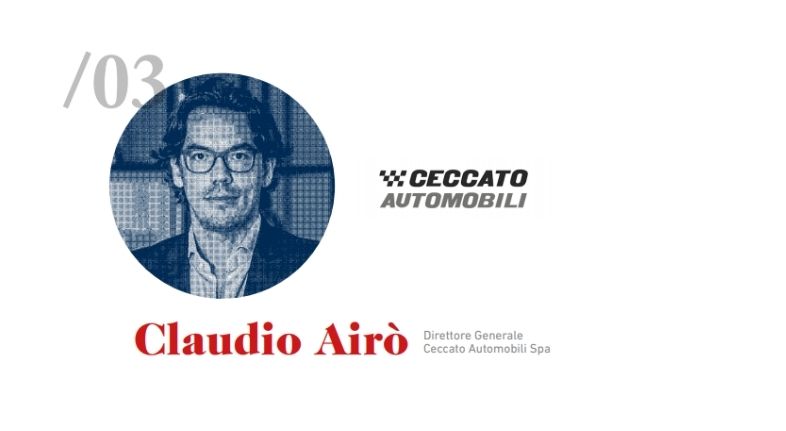- Mail:
- info@digital4pro.com
Tourism sector: Roberto Huber, General Manager Alta Badia Brand

Settore turismo: Roberto Huber, Direttore Generale Alta Badia Brand
1 Maggio 2020
Fidarsi è bene, non fidarsi è meglio?
6 Maggio 2020Alta Badia and phase 2 of the Covid-19 emergency: what is the scenario presently facing the area, what are the key issues you are working on in terms of tourism marketing, and what tactical actions do you plan to implement in the short term? Will the weight of the levers of price, product, promotion and reputation change in your strategy, compared to the past? If so, how?
We are on standby at the moment. We quickly got over the shock of having to close the winter season early, and, after a brief time of adjustment, we got down to working toward reopening right away. We are now waiting for instructions as to when we will be able to open the season. At the beginning of the emergency, we implemented a strategy of brand protection, with constant presence on our channels, especially on the social networks, with the aim of accompanying our users throughout the lockdown, offering quality content strongly linked with our brand values. We are now gradually coming out of this phase, which means continuing this activity, along with targeted communications aimed at attracting interest in our destination. The key elements are issues linked with safety, reliability, and key concepts such as lightness, in the wake of such a difficult time. The mechanisms and levers of the tourism market will vary greatly, but the first consideration in making a choice will definitely be the product itself, which must be absolutely top quality. Outstanding products which can count on an established, certain reputation will without doubt be the most successful. Those who are able to travel will want to do so in total safety, enjoying every moment of their holiday, with zero tolerance for situations that fail to live up to their expectations. We will definitely be seeing a gradually increasing appreciation of exclusiveness and an increase in the cost of travel over the long term.
How has your target market changed, what do you think the trends for 2021 will be and what medium-long term strategies are you planning? At national level, how important will it be to invest in a strategic positioning of “brand Italia”, in order to be able to attract foreign tourists again?
At the beginning of the emergency, we implemented a strategy of brand protection, with constant presence on our channels, especially on the social networks
In the short term it will be domestic tourism, primarily short-range and short-term, in the hopes of being able to reopen to international tourism toward the end of the season. As for 2021, winter is of course the most important season for us and we expect that next winter will continue to reflect the impact of the current circumstances. It will clearly be necessary to follow a whole series of regulations, much more complex to manage in winter than at other times of the year. Our strategy will be focusing on the excellence of the area, its authenticity and values. The local people have constructed the success of the upper Badia Valley over recent decades: their pioneering, enterprising spirit will bring us through this. We will of course have to adapt our definition of tourism, based primarily on top quality hospitality, and responding to the new demands of our clientele. Italy itself is a brand that has always been one of the key elements we promote in our communications, and we want to help our guests enjoy it. People abroad will, we hope soon, be anxious to visit Italy and experience all aspects of the country. We must continue, all together, to believe in this and invest in it in order to take advantage of its positive effects. And there will be a lot of them!
In view of all the uncertainty surrounding the present situation, how important is marketing communication for you, and what are the biggest issues? Considering the growth of proximity tourism, will you have to revise your approach in order to adapt it to a more local target? And what about the long term?
Communication must not stop. The key is adapting it to the circumstances. At first, we relied solely on our social channels, creating content of high added value for the brand. As soon as we have definite information on the date when we will be able to open for tourism, we must begin to integrate this strategy and refine it with more concrete, targeted initiatives stimulating demand in an intelligent way. These will essentially be actions aimed at well-defined targets, the most receptive of which will definitely be returning guests and members of our community. There are a lot of risks involved, and they are changing rapidly; the messages and tones we used before Covid will no longer apply. People’s sensibilities have changed profoundly, and we must now approach them with new concepts based on delicacy and on the extreme reality of the circumstances. These messages will apply indistinctly to the local and international target groups, but it will be crucial to adapt them rapidly and progressively as the situation changes.
Which communication channels are you curating and what are your objectives? Will the scenario of “slow” tourism have an impact on the type of channel to use?
In the current phase the most effective channel continues to be the social networks, on which it is possible to communicate continuously, immediately and sincerely with users. In addition to this, we quickly came up with a number of web marketing and PR actions and are also considering potential print or co-marketing projects, depending on the opportunities that arise. The circumstances have speeded up implementation of a marketing mix that is increasingly oriented toward digital communications, in which the quality of content plays a primary role. Increasingly “slow” tourism would lead guests to look for certified, authentic information and content; profiles and web sites managed by districts and facilities will benefit, as will traditional forms of communication guaranteeing quality information.
Communication must not stop. The key is adapting it to the circumstances
As far as the localities you represent are concerned, which values and concepts do you think are going to be most successful, when you reopen? (safety, open spaces…)?
The criteria on the basis of which people choose a holiday destination will definitely be very different now. Those who are able to take holidays will be looking for social distancing, safety, hygiene, tranquillity, and, above all, an escape from the reality of recent months. This will, in the short term, lead to demand for everything that is exclusive, at the expense of products for the masses. People will be looking for contact with nature and with themselves, with their own interests and values. They will carefully consider how to spend the money they have allocated for their holidays, and above all their time; in short, they will be choosing holidays which are definitely worth their while, in every way. Users will be even more aware of the little details, and will be looking for products offering personal enrichment. Under these auspices, I believe there is plenty of potential to start tourism in the mountains again, as these elements are an intrinsic part of what we have to offer.




